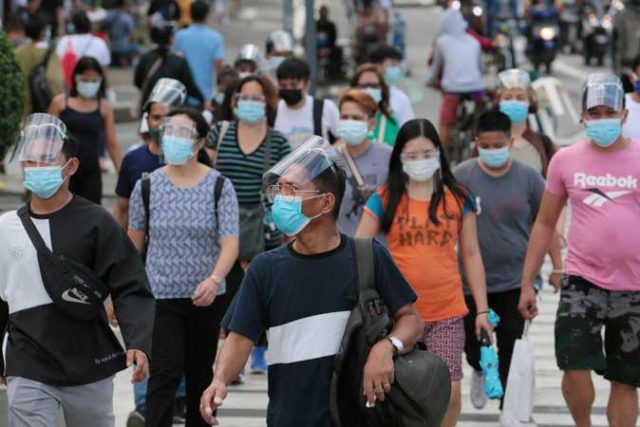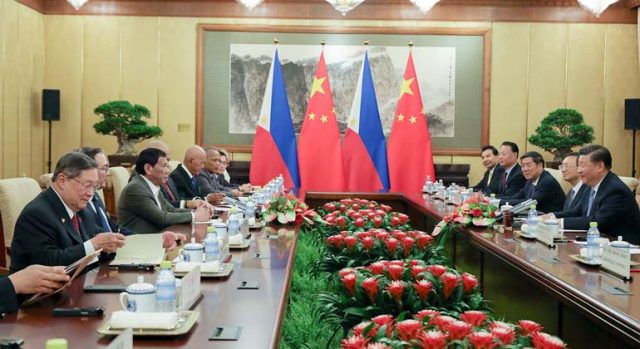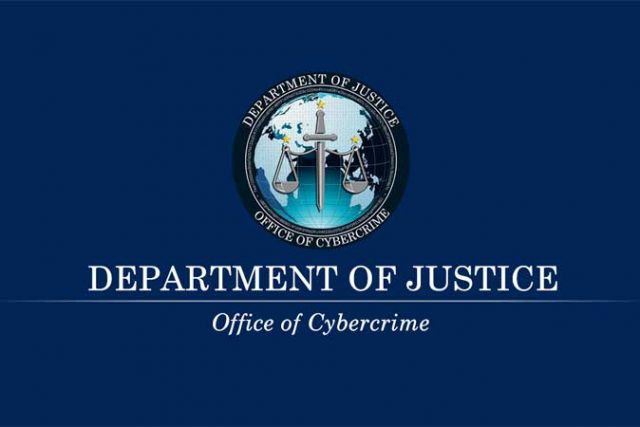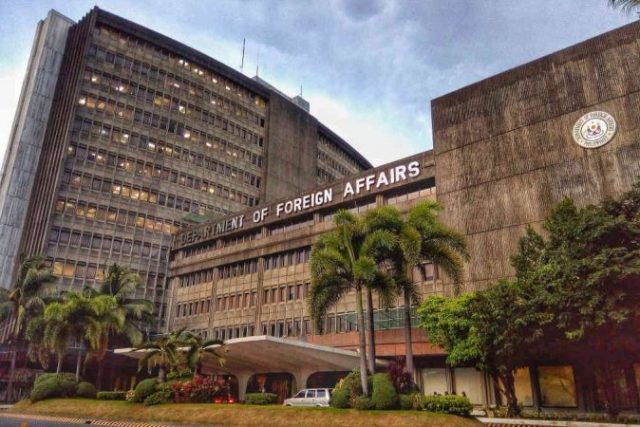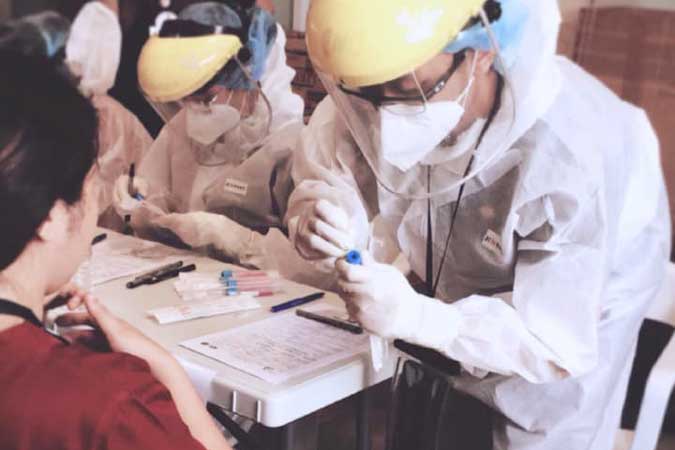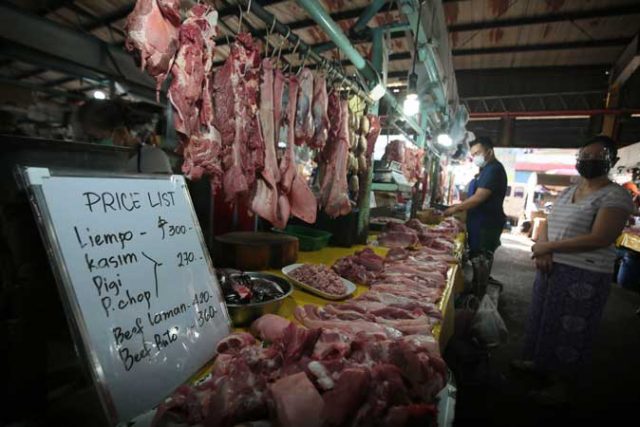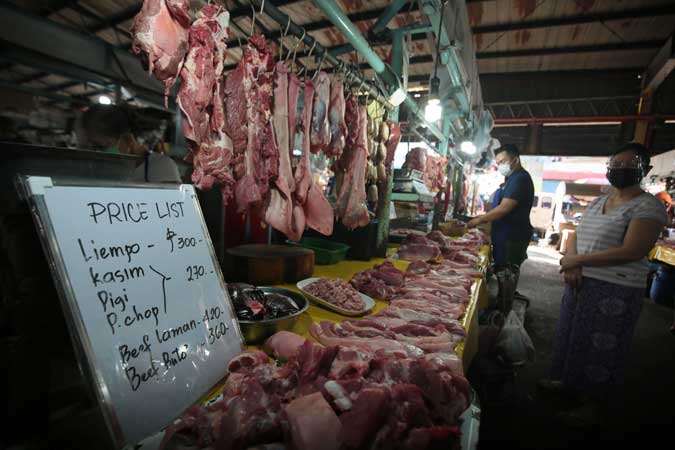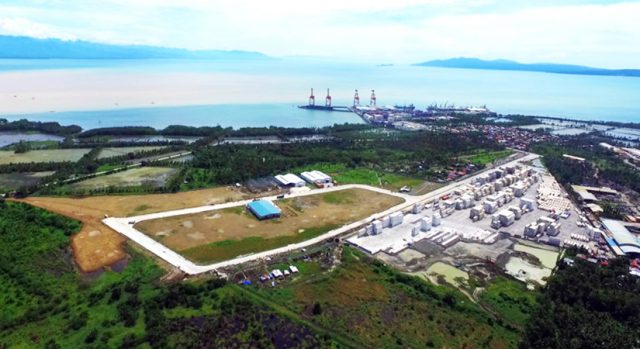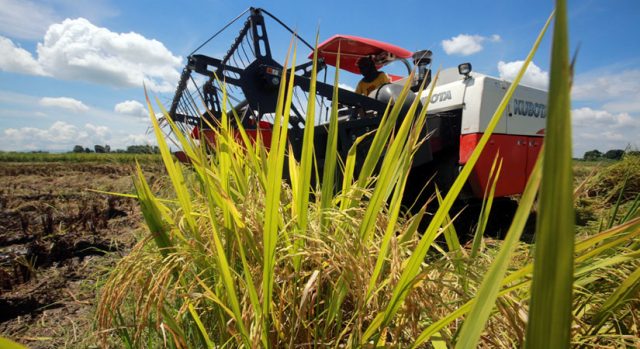HEALTH authorities on Monday sought to extend the second-strictest lockdown level in Manila and nearby cities and provinces as coronavirus infections in the Philippines breached the one-million mark.
The Department of Health (DoH) said it favored the extension to contain a fresh surge in cases.
The agency reported 8,929 infections on Monday, bringing the total to a little more than a million.
The death toll rose by 70 to 16,853, while recoveries increased by 11,333 to 914, 952, it said in a bulletin.
There were 74, 623 active cases, 1% of which were critical, 95.4% were mild, 1.4% did not show symptoms, 1.3% were severe and 0.87% were moderate.
DoH said 23 duplicates had been removed from the tally, 18 of which were tagged as recoveries. Twenty-seven recoveries were reclassified as deaths.
Two laboratories were closed on April 24, while nine failed to submit data.
Health Undersecretary Maria Rosario S. Vergeire backed the extension of the modified enhanced community quarantine (MECQ) in Metro Manila, Cavite, Laguna, Rizal, and Bulacan to contain the pandemic.
This would also help decongest the country’s health system, which is near its breaking point, she told a televised news briefing.
Earlier, Health Secretary Francisco T. Duque III said the modified enhanced lockdown should continue for one or two more weeks to ease the strain on healthcare capacity. The MECQ will end on April 30.
While daily infections are declining, hospitals continue to struggle to treat patients, Ms. Vergeire said.
The coronavirus has sickened about 147.8 million and killed 3.1 million people worldwide, according to the Worldometers website, citing various sources including data from the World Health Organization. About 125.4 million people have recovered, it said.
Presidential spokesman Herminio “Harry” L. Roque, Jr. said an inter-agency task force would meet on Tuesday to discuss lockdown recommendations to President Rodrigo R. Duterte.
It would take into account the infection and healthcare use rates in the capital region, he told a separate news briefing.
Mr. Roque said the country’s coronavirus reproduction rate had declined to 0.91 from 1 in recent weeks.
He said Mr. Duterte might announce new lockdown levels in his public address on April 28.
Mr. Roque said 65% of intensive care unit beds for coronavirus patients had been used as of April 25.
About 47% of isolation beds have been used and 53% of ward beds were occupied. About 46% of ventilators for coronavirus patients had been used.
He said about 72% of ICU beds in Metro Manila have been used. He added that about 58% of isolation beds and 66% of ward beds in the region were occupied.
He said 61% of ventilators in the capital region had been used.
Meanwhile, Mr. Roque said the Philippines would take delivery of about 15,000 doses of the Sputnik V coronavirus vaccines made by Russia’s Gamaleya Research Institute of Epidemiology and Microbiology on April 28.
About half-a-million more doses of CoronaVac made by China’s Sinovac Biotech Ltd. were expected to arrive the day after.
Ms. Vergeire said the first batch of Sputnik vaccines would be given to patients in Metro Manila and nearby provinces.
Defense Secretary Delfin N. Lorenzana on Sunday said pandemic response would become a top national security priority and would be included in the country’s national security plan, he said in a Viber message.
He said the coronavirus had shown that health should be a major government concern.
The national security plan is a document that contains strategic policy goals and state objectives to protect the “well-being of its people and institutions and its sovereignty and territorial integrity,” according to the website of the National Security Council.
A House of Representatives committee last year approved a bill that seeks to create a permanent National Health Security Council that will formulate an emergency plan to handle public health emergencies.
Carlito G. Galvez, Jr., chief implementer of the country’s pandemic plan, earlier said the measure would complement the law on universal healthcare.
Trade Secretary Ramon M. Lopez earlier said the government was in talks with at least four pharmaceutical companies that have expressed intent to set up vaccine manufacturing facilities in the country. — Kyle Aristophere T. Atienza




